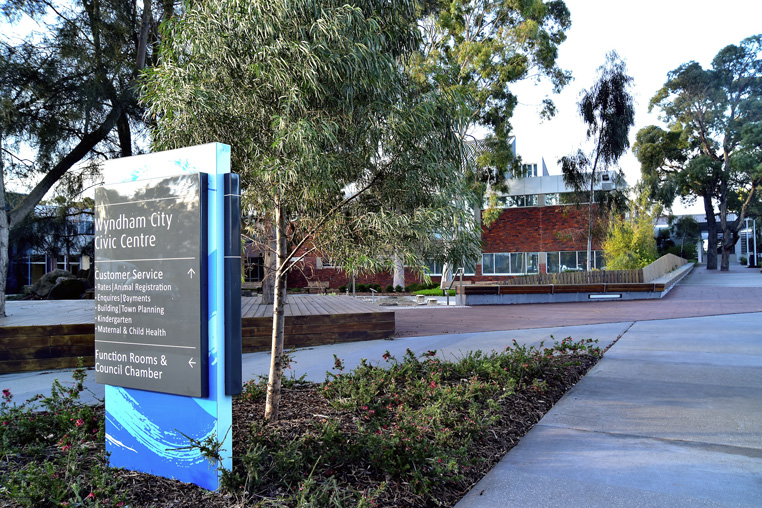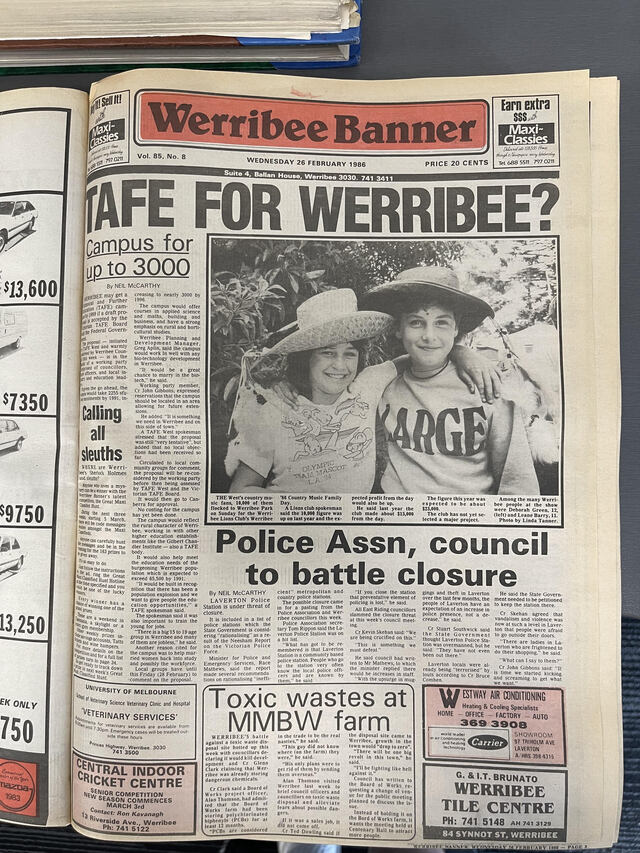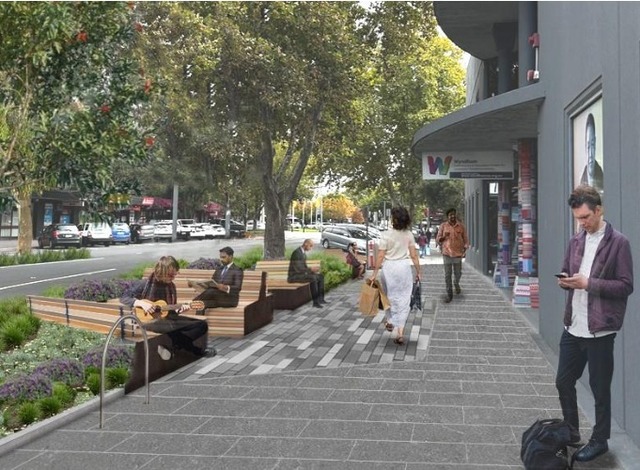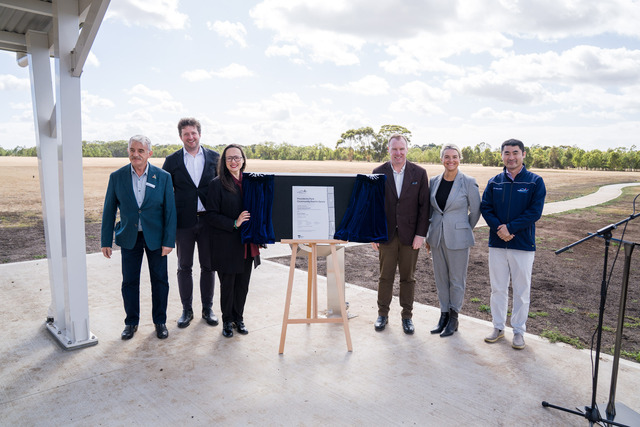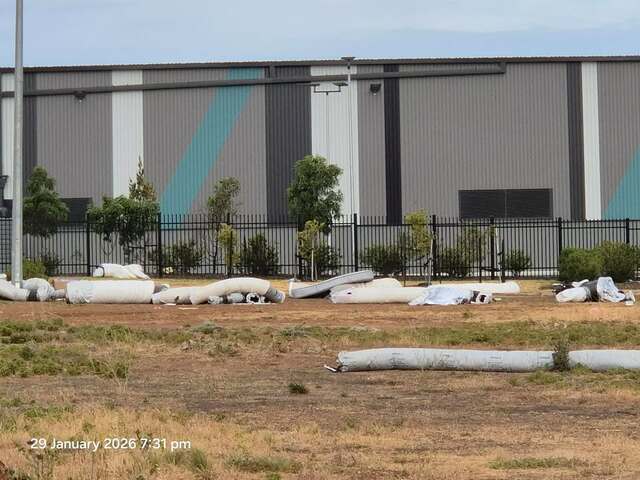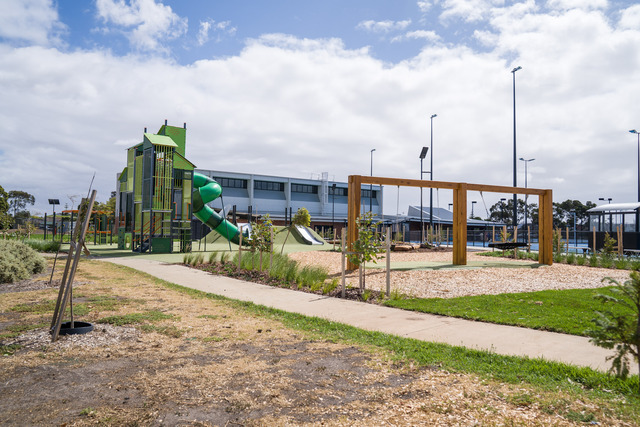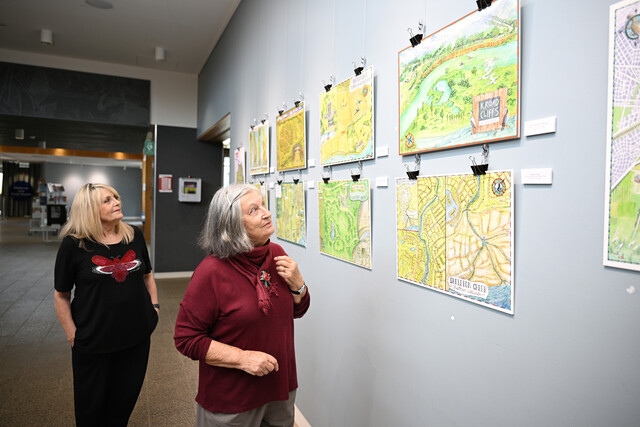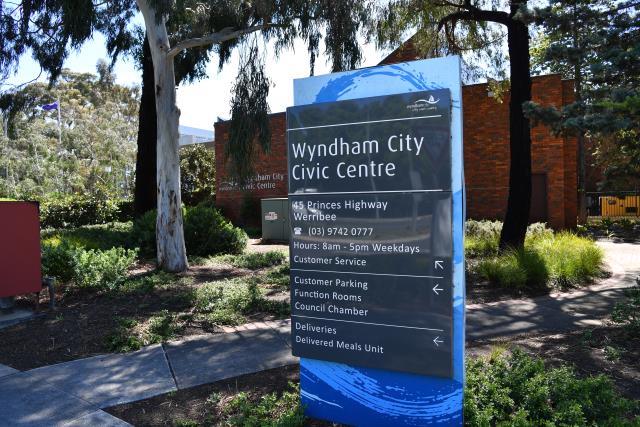A $341 million development proposed for the former Masters site in Williams Landing has been approved by Wyndham council.
The planning permit for the 3.1 hectare site at 2 Overton Road includes 47,075 square metres of office space, 3433 square metres of retail, a 1138 square metre supermarket, a medical centre and library.
The proposal also includes 435 residential dwellings, in the form of 160 one-bedroom apartments, 233 two-bedroom apartments and 42 three-bedroom apartments.
As well, the project – which will be built in five stages – features a 180-bed hotel; a function centre capable of holding up to 200 patrons; a TAFE for up to 200 students and a childcare centre with 115 places.
The highest point of the development will vary between 15 to 18 storeys, and the master plan includes a central hub at ground floor with alfresco dining and recreation spaces.
The planning permit proposes to build 1728 car spaces, although 2265 car spaces is the maximum statutory number of parking spots required for the development under state and municipal planning provisions.
The planning permit also includes 845 bicycle spaces, with 85 on-street bike spaces and 760 secure bicycle spaces.
All councillors present at last month’s meeting, where the planning permit was considered, voted in favour of the Williams Landing development, except for Cr Tony Hooper.
Cr Hooper said he was concerned about the “adverse impact” which the development could have on local amenity and nearby residential areas.
He also said there was “insufficient” public transport located near the development to justify the reduction in car parking requirements.
However, a council report into the matter said the site was “well serviced by public transport and alternative transport modes”.
“The mixed-use nature of the site means many of the retail uses proposed will be supported by local workers and residents on this site who will not generate additional parking demand,” the report said.
Other councillors spoke in support of the planning permit. Cr Kim McAliney described the plan as “exactly the type of development we should be encouraging”.

